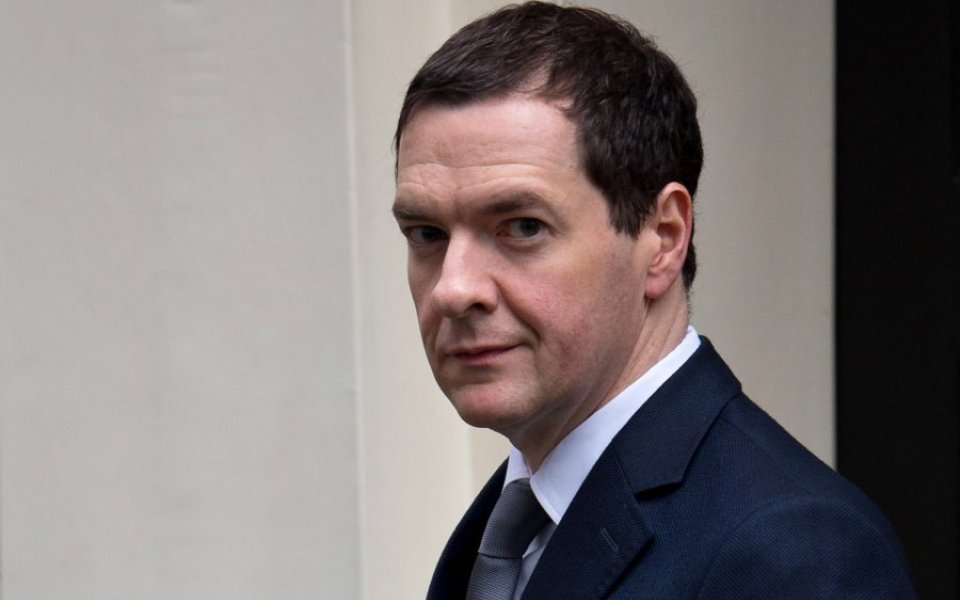Chancellor George Osborne facing Budget squeeze after postponing Lloyds share sell-off

George Osborne was dealt a double blow yesterday, as Britain’s economic growth slowed and the government was forced to postpone the sell-off of Lloyds, with economists warning that taxes could be raised to make up for a shortfall in the public finances.
The sale of the final chunk of Lloyds shares – which was expected to raise £2bn for Treasury coffers – was delayed due to “turbulent markets” weighing on the share price, Osborne announced on Twitter. The news came after official data showed GDP expanding at the slowest yearly rate since 2013.
With under seven weeks to go until the next Budget (the fourth in 12 months), pressure is mounting on Osborne to illustrate how he will pay for a fiscal programme that relies on healthy growth and rising tax revenues.
“He’s going to have to think of something else to get the economy growing again,” said Vicky Pryce, chief economic advisor at the Centre for Economics and Business Research (CEBR). “But he might just go for more taxes – which of course would be bad for growth.”
Pryce believes that the chancellor may look at how pension contributions are taxed or make cuts to his Northern Powerhouse infrastructure plans to raise cash.
“We still need a lot more fiscal consolidation to get to that budget surplus,” added Samuel Tombs, chief UK economist at Pantheon Macroeconomics.
“We see more potential than usual for the preliminary GDP estimate to be revised down. As such, the best days of the economic recovery lie behind us. I think the outlook for 2016 is quite grim.”
Earlier this month, Osborne warned of a “dangerous cocktail” of risks facing the UK that took in the slowdown in China, problems in Brazil and Russia, stock market volatility and falling oil prices. It was in stark contrast to the chancellor’s upbeat Autumn Statement in November.
Economists have also called into question Osborne’s ability to cut the deficit, with the chancellor widely expected to overshoot the Office for Budget Responsibility’s £73.5bn borrowing target for the year.
“Strong downward pressure on prices looks to be feeding through to wages, which means lower tax receipts,” said Catherine Colebrook at the IPPR think tank.
“This may force the chancellor to seek out other options for raising money.”